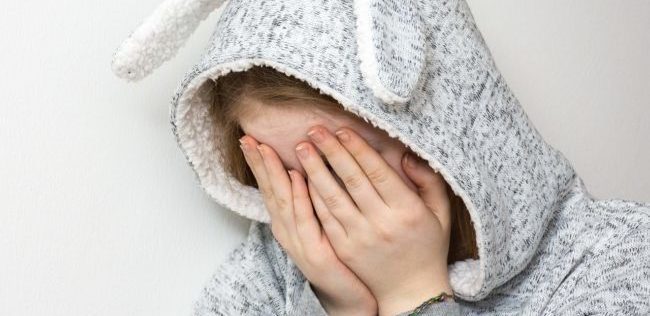
When it comes to bullies and anxious children, girls are hit harder than boys on several levels. Not only are girls bullied more frequently than boys are, but they are also more likely to be negatively impacted by the bullying.
A study published in Nursing Research reported that girls have a higher likelihood of considering, planning or attempting suicide than boys do. This fact holds true even if girls are not bullied, although statistics also show boys are more likely to die by suicide.
Bullying Study Details
The study aimed to examine the link between bullying victims, depression and suicide by gender. It did so by reviewing data from the Youth Risk Behavior Survey from the Centers for Disease Control (CDC). Researchers analyzed survey data from 2011 to 2015 using two different methods.
The first method used, known as the multiplicative interactions method, showed no difference between genders when it came to bullying, depression and suicidal risk behaviors. The second method used, which was the methodology of additive interactions recommended by the International Journal of Epidemiology, found notable differences between girls and boys.
Analysis using the second method found the effects of bullying were dramatically higher for girls than boys on all measures of psychological distress as well as suicidal actions and thoughts.
Signs of Bullying in Anxious Children
Bullying among boys is generally physical, and it can often be detected by inexplicable injuries or lost or damaged clothing, books and other items.
Conversely, bullying among girls tends to be less visible and can continue for an extended period undetected by parents or school administrators. It can involve spreading rumors about someone, or excluding them from social circles and activities.
Signs of bullying in anxious children can include:
- Recurring stomach aches, headaches or sickness
- Frequent nightmares, difficulty sleeping
- Changes in eating habits
- Slipping grades, lack of interest in schoolwork, school refusal
- Avoidance of social situations, loss of friends
- Decreased self-esteem, increased feelings of helplessness
- Self-destructive behaviors, such as self-harm or talk about suicide
What to do if Your Anxious Child is Being Bullied
Talking about the bullying is key for helping your anxious child, as well as other children who may be victims of bullying. Have an open discussion with your anxious child, letting them know bullying is not acceptable and should never be tolerated.
Alerting school officials of the problem can be helpful, encouraging the school to build a safe environment and take appropriate action when bullying is detected. Start with the teacher and, if necessary, work your way upward to the school counselor, principal, superintendent and State Department of Education if necessary.
Responding quickly and consistently shows you mean business, as bullying should never be ignored.
For more info, read our blog series on Bullying and Anxious Children.
SOURCES:





